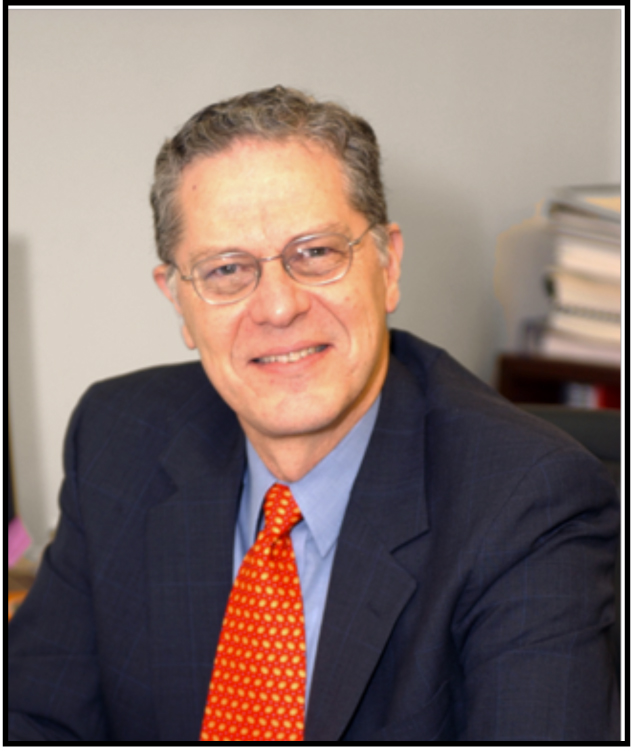Nobel Physicist Joseph Taylor to Deliver 2009 Maurer Distinguished Lecture
FAYETTEVILLE, AR — Nobel Laureate Joseph Taylor will speak on “Binary Pulsars and Relativistic Gravity” as the 2009 Robert D. Maurer Distinguished Lecturer. The lecture series, sponsored by the department of physics in the J. William Fulbright College of Arts and Sciences, is named after alumnus Dr. Robert D. Maurer, co-inventor of the first telecommunications-grade optical fiber.
This 13th annual Maurer Distinguished Lecture is especially timely and appropriate for celebrating the International Year of Astronomy. It will be held at 7 p.m. Thursday, April 2, in the Donald W. Reynolds Center. A reception will follow. The lecture is free and open to the public.
Pulsars are neutron stars — extremely dense, strongly magnetized, rapidly spinning remnants of supernova explosions. They also appear to be nature’s most precise clocks. Discovery of the first orbiting pulsar opened a new subfield of astrophysics in which the relativistic nature of gravity is tested through precise comparisons of “pulsar time” with atomic time on Earth. Among other results, the experiments have furnished persuasive proof of the existence of gravity waves, as Einstein predicted, a discovery important to both astrophysics and the study of gravity.
For his discovery of the first binary pulsar, Taylor shared the 1993 Nobel Prize in Physics with Russell Hulse.
Taylor earned a bachelor’s degree in physics, with honors, from Haverford College in 1963, and a doctorate in astronomy from Harvard University in 1968. He taught at the University of Massachusetts, Amherst, from 1968 to 1980, and since then in the physics department at Princeton University, where he became the James S. McDonnell Distinguished University Professor of Physics Emeritus.
His research focus is radio astronomy, especially the study of pulsars and their applications to experimental gravitation. He is a member of the National Academy of Sciences, the American Academy of Arts and Sciences, and the American Philosophical Society. He is the recipient of numerous prizes and awards, including the MacArthur Foundation Prize Fellowship, the Henry Draper Medal of the National Academy of Sciences, the Einstein Prize of the Albert Einstein Society, and the Wolf Prize in Physics.
Contacts
J. William Fulbright College of Arts and Sciences
479-575-2506, ssingh@uark.edu
Headlines
Peter Ungar Chosen as Member of the National Academy of Sciences
A distinguished professor of anthropology and director of environmental dynamics, Ungar is the first U of A faculty member to be elected to the prestigious Academy.
Ag Technology Students Visit Greenway Equipment, Learn About Advances in Machinery
Members of the U of A's Agricultural Systems and Technology Club recently spent a day at the Greenway Technology Farm in Newport to learn about advances featured in John Deere tractors and machinery.
College of Education and Health Professions WE CARE Everywhere Campaign Kicks Off This Summer
Retractable scroll banners with the phrase "WE CARE Everywhere" are small enough to fit any suitcase and just waiting for your chance to shine in social media posts throughout the summer.
Staff Senators for 2024-25 Elected
Twelve newly elected staff members will begin serving the U of A staff community for three-year terms beginning July 1 on the university's Staff Senate.
Matlock Briefs Congressional Staff Regarding Crop Sustainability Research
Professor Marty Matlock briefed U.S. House of Representative and Senate staff members on research conducted by the U of A regarding the effects of management practices on crop sustainability.





